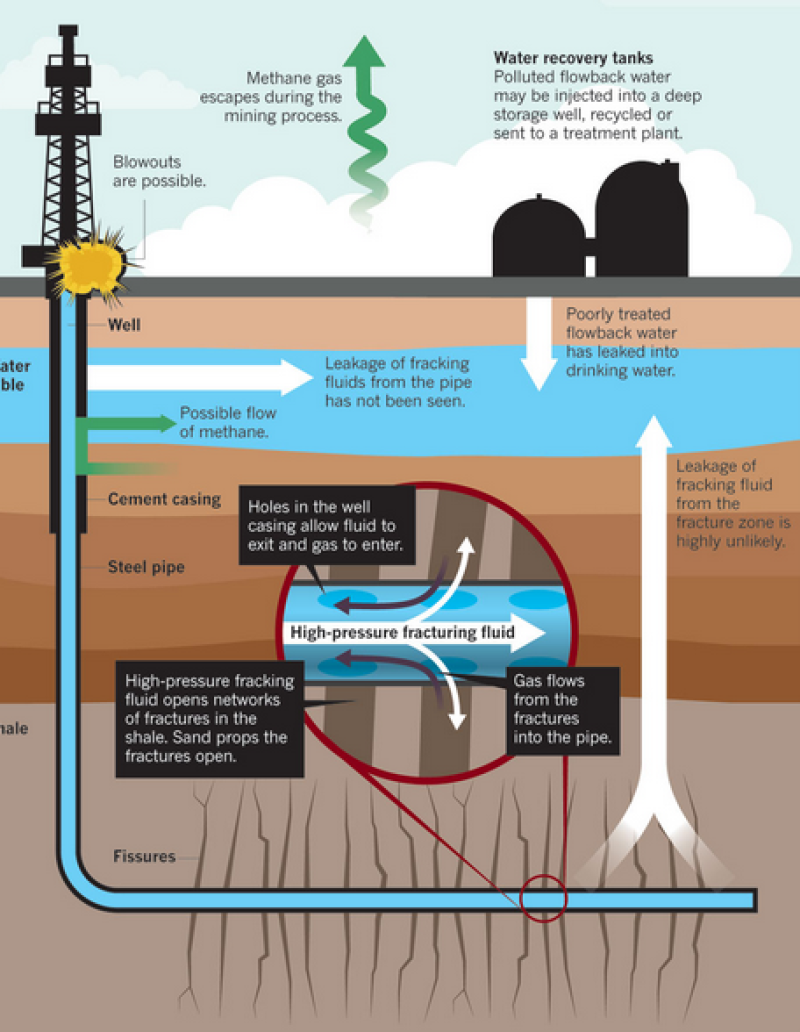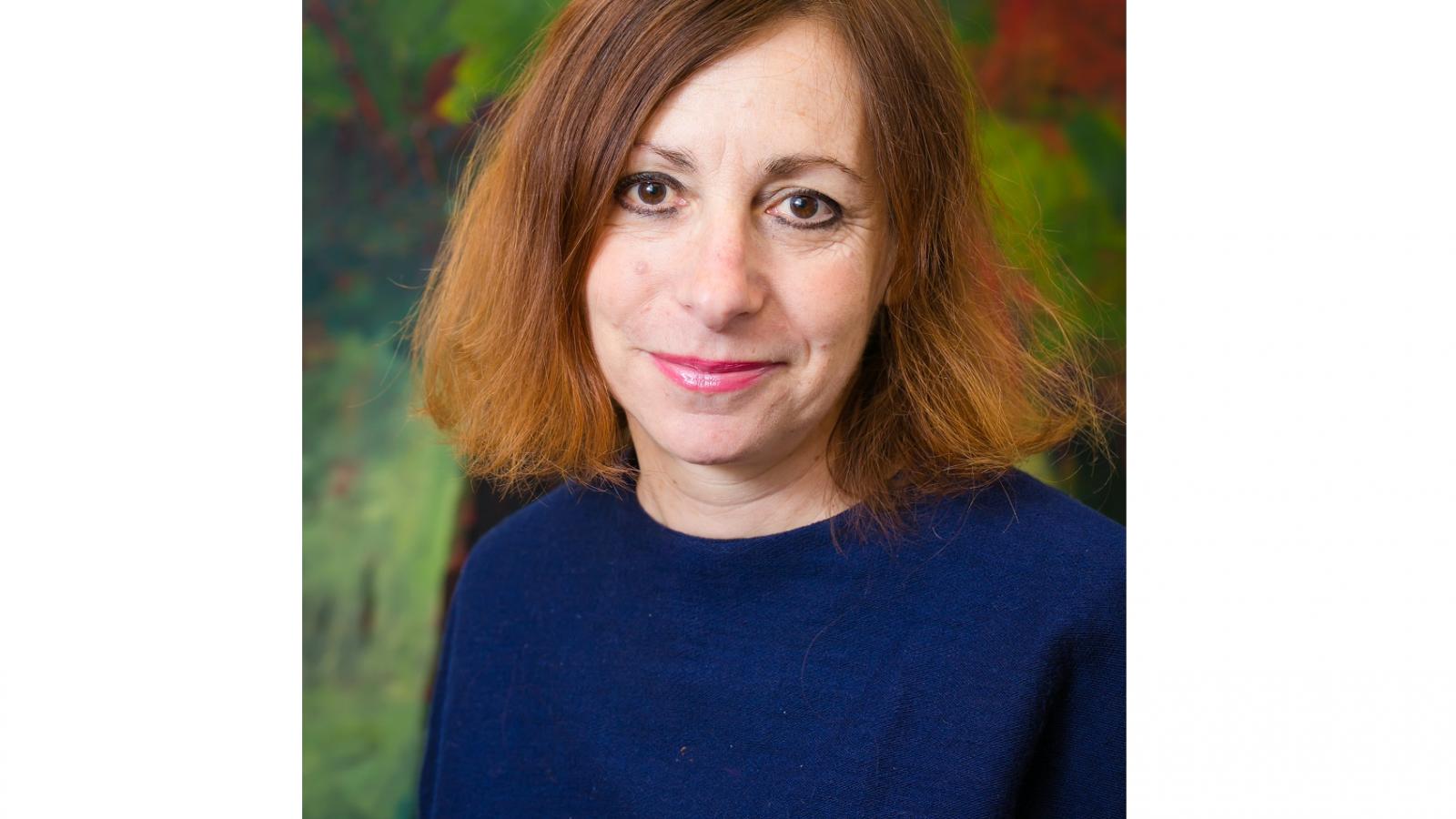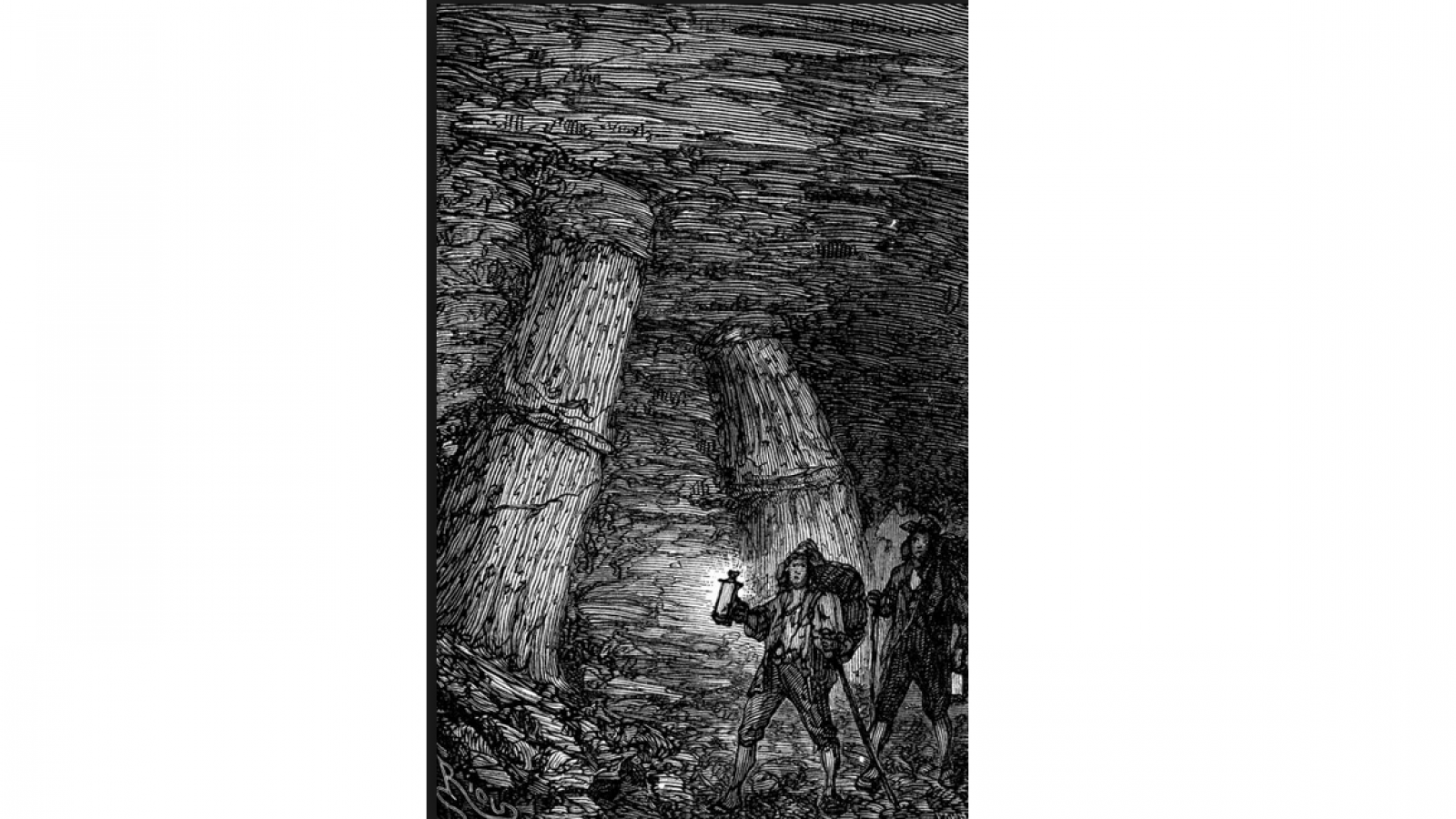Down There: Thinking the Subsurface in the Time of Climate Change
Karen Pinkus, Cornell University
January 19, 2018 4:00 - 5:30 pm Hagerty Hall 180
For more than a decade I have been writing and teaching about climate change and the humanities. As I was working on Fuel. A Speculative Dictionary (2016), I became more and more interested in the subsurface, an instrumentalized space for the extraction of fossil fuels and for the burial of waste, including carbon dioxide removed from the atmosphere. We have developed elaborate, masterful fantasies about the subsurface. It would seem that the subsurface imaginary is actually crucial for a broader discussion of scientific-technological governance and so in my workshop I will begin with a brief introduction to the subsurface as geological space ‘today.’ I will then ask a very broad question of the status of national literatures (and languages) in the university today since these are productions of the surface (whereas the subsurface respects different sort of boundaries, logics, temporalities). Next, I will ask the audience to think about two literary test cases: Dante's Inferno, and Jules Verne's ‘center of the earth,’ as we negotiate between the surface and subsurface. Finally, I will ask about the relation of literary readings--close, deep, profoundly tied to the specificity of language--to something like ‘field work,’ more common the humanistic social sciences. Can we zoom in and out, so to speak? And if so, what is to be lost or gained?




